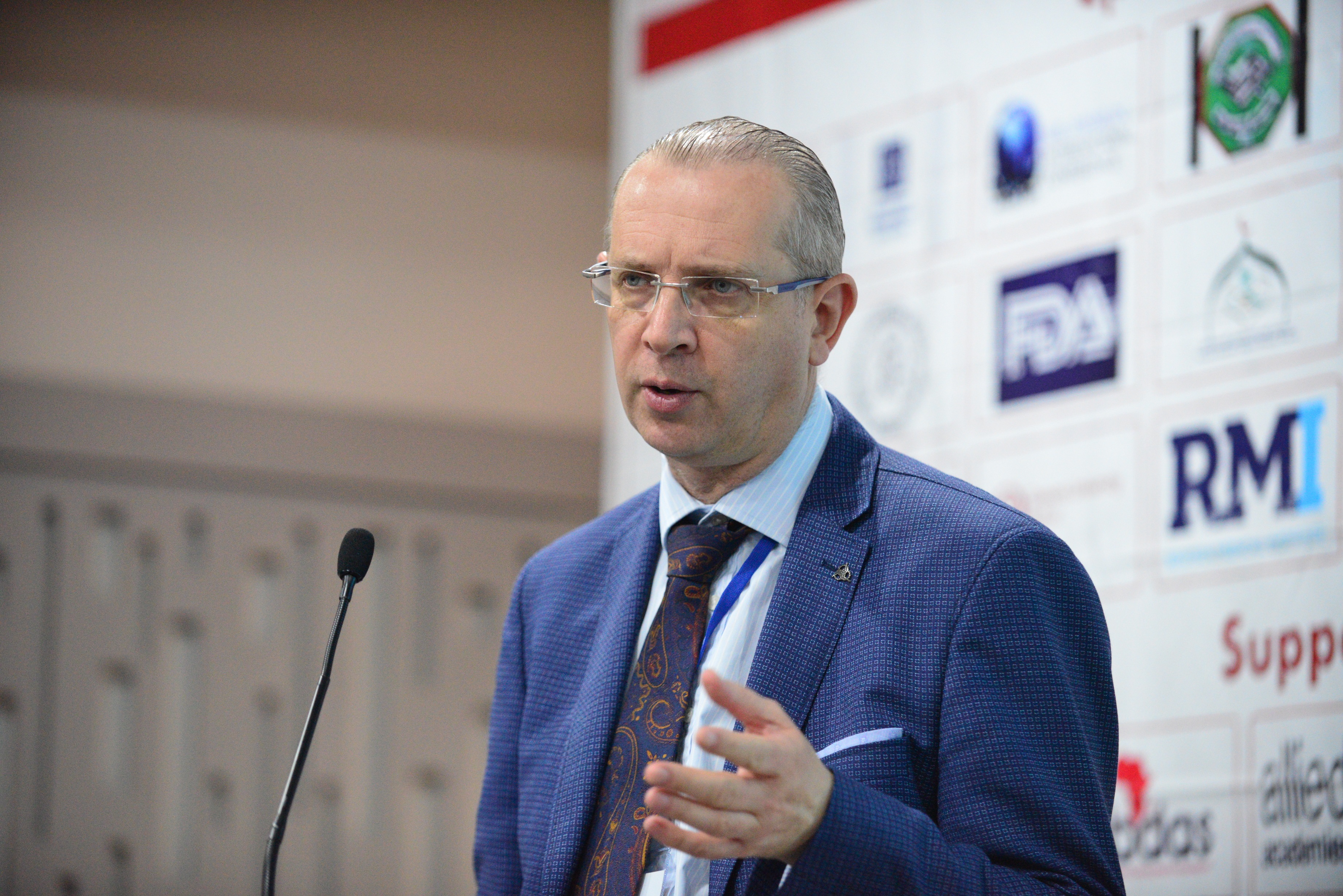
Johns Stephen Batchelor
Central Manchester Foundation Trust, UK
Title: Coagulopathy in traumatic brain injury: Current concepts and controversies
Biography
Biography: Johns Stephen Batchelor
Abstract
Coagulopathy following traumatic brain injury (TBI) is a well recognized pathophysiological state following head injury. A meta-analysis by Epstein et al (2014) found that the weighted average number of patients with coagulopathy following traumatic brain injury was 35.2%. The temporal pattern of coagulopathy is variable. Some patients have an early transient rises in coagulation parameters others a more delayed response. The most important coagulation parameter is currently an area of debate. Some others suggest that the PT is the most important predictor of hemorrhagic progression. Other authors suggest that thrombocytopenia is the most important predictor of hematoma progression. The presence of traumatic brain induced coaguopathy increases the risk of hematoma progression by an odds ratio of 6.897. The aim of this talk is to review the characteristics of this disease process and to discuss possible etiological mechanisms responsible for this response.

